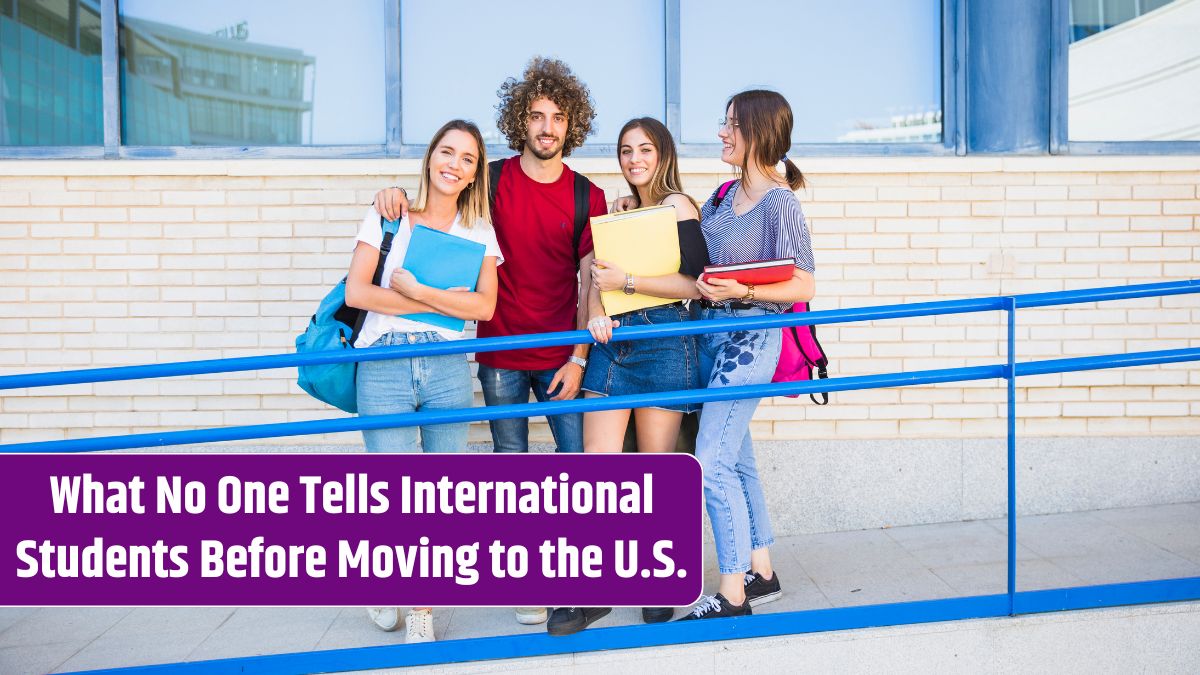Applying to university can be exciting, but it also comes with a lot of pressure. Between deadlines, essays, and forms, it’s easy to make a mistake that could hurt your chances. The good news? Most of these errors are totally avoidable if you know what to watch for. So let’s break down the most common university application mistakes and how you can steer clear of them in 2025.
Table of Contents
Procrastinating
This one’s a classic. Waiting until the last minute is one of the biggest mistakes you can make. When you’re rushing, you’re more likely to submit incomplete applications, make typos, or miss critical deadlines.
Start early—ideally 3 to 6 months ahead of deadlines. Use a planner or app to track dates, document needs, and submission status. The earlier you start, the more time you’ll have to refine your application and catch mistakes.
Ignoring Requirements
Every university has its own rules. Some want letters of recommendation, others need SAT scores, and some have extra essay prompts.
One-size-fits-all doesn’t work here. If you skip a requirement or submit the wrong materials, your application might not even be reviewed. Always check the official website and read every instruction carefully.
| Requirement | Common Mistake |
|---|---|
| Test Scores | Submitting outdated or missing scores |
| Essays | Uploading a generic or wrong version |
| Recommendation Letters | Missing deadline or wrong format |
| Transcripts | Forgetting official sealed copies |
Writing Weak Essays
Essays are your chance to show who you are beyond grades and scores. Yet, many students submit generic, robotic, or AI-generated responses that fail to connect.
Don’t recycle your essay for every school. Tailor it. Talk about specific programs, values, or professors. Be real, be vulnerable, and tell your story. Admission officers want personality—not perfection.
Focusing Only on Rankings
It’s tempting to only apply to big-name schools, but this approach can backfire. Top universities are super competitive, and ignoring “match” or “safety” schools can leave you with no options.
Apply strategically. Aim for a mix of reach, match, and safety schools based on your GPA, test scores, and interests. Sometimes the lesser-known schools offer better programs, scholarships, or campus culture.
Overloading on Activities
Quality beats quantity every time. Listing 15 activities where you barely participated won’t impress anyone. Admissions teams want to see depth—commitment, leadership, and impact.
Focus on 3–5 key activities where you played a significant role. It’s better to lead one meaningful project than to join a dozen clubs just to fill space.
Submitting Unpolished Applications
Misspelled names. Wrong school name in your essay. Poor grammar. These little errors scream carelessness.
Proofread everything—twice. Have a teacher, counselor, or friend review your materials. Use tools like Grammarly, but don’t rely only on them. Your application should be sharp and professional.
Skipping Financial Aid
Many students assume they won’t qualify for aid or forget to fill out the FAFSA or scholarship forms.
Big mistake. Even if you think you’re not eligible, apply anyway. Schools often use this info for grants and merit aid. Free money? Always worth a shot.
Final Tips
Here’s a quick summary of mistakes and how to avoid them:
| Mistake | How to Avoid It |
|---|---|
| Applying late | Start 3–6 months in advance |
| Generic essays | Tailor each essay to the specific school |
| Ignoring instructions | Read every requirement carefully |
| No backup schools | Apply to a balanced list of universities |
| Poor proofreading | Review thoroughly and get feedback |
Avoiding these mistakes isn’t about being perfect—it’s about being prepared. University applications take time, energy, and intention. The good news? You don’t have to be a genius to get in—you just have to be smart about how you apply. Do your homework, stay organized, and most importantly—be yourself. You’ve got this!
FAQs
When should I start my university application?
Start 3–6 months before the deadline for best results.
Can I use the same essay for all schools?
No, tailor your essay to each school for better impact.
Is it bad to apply only to top schools?
Yes, apply to a mix of reach, match, and safety schools.
Do typos really affect my application?
Yes, errors make you look careless. Always proofread.
Should I apply for financial aid?
Always apply—even if you think you won’t qualify.






















